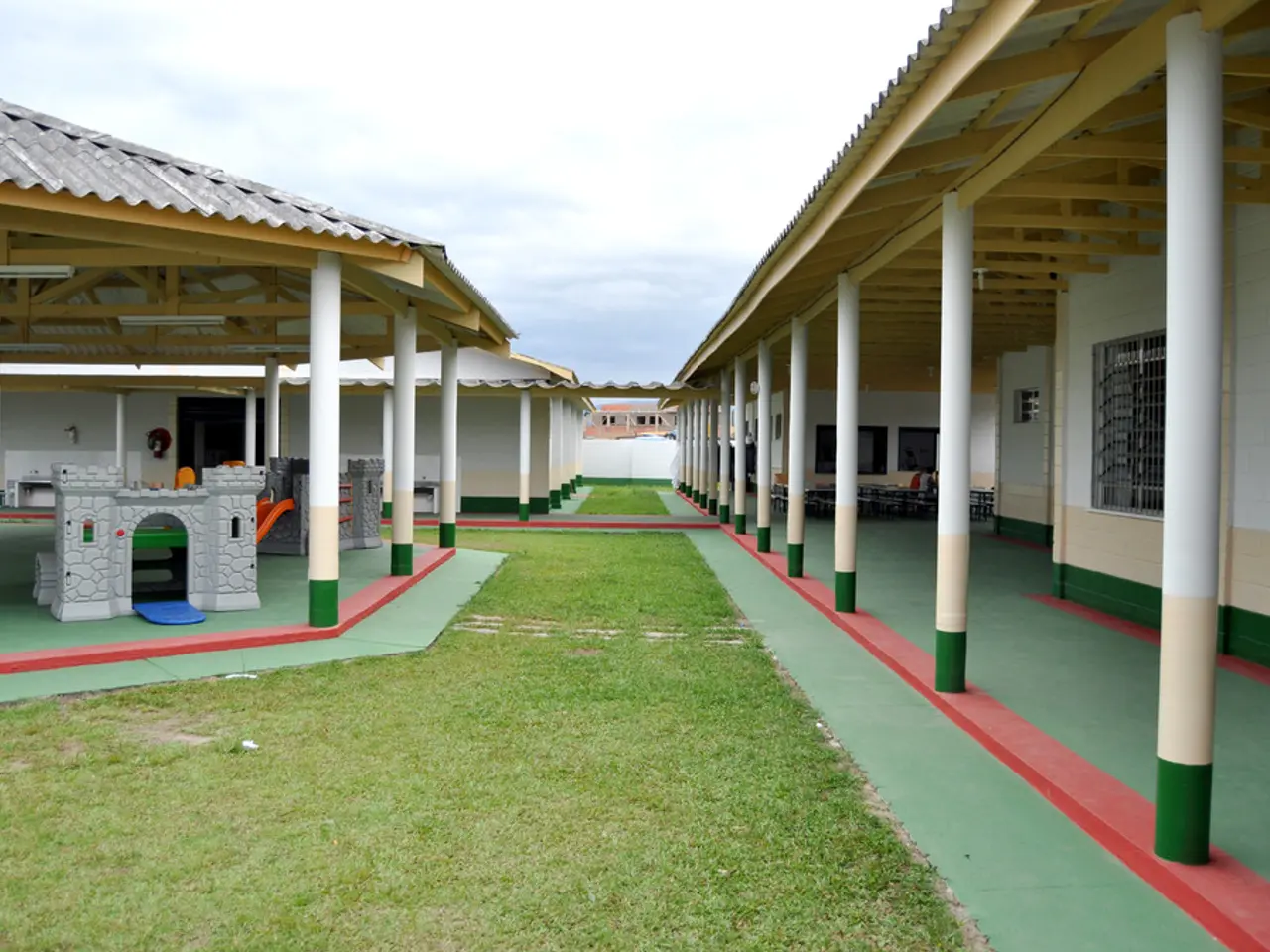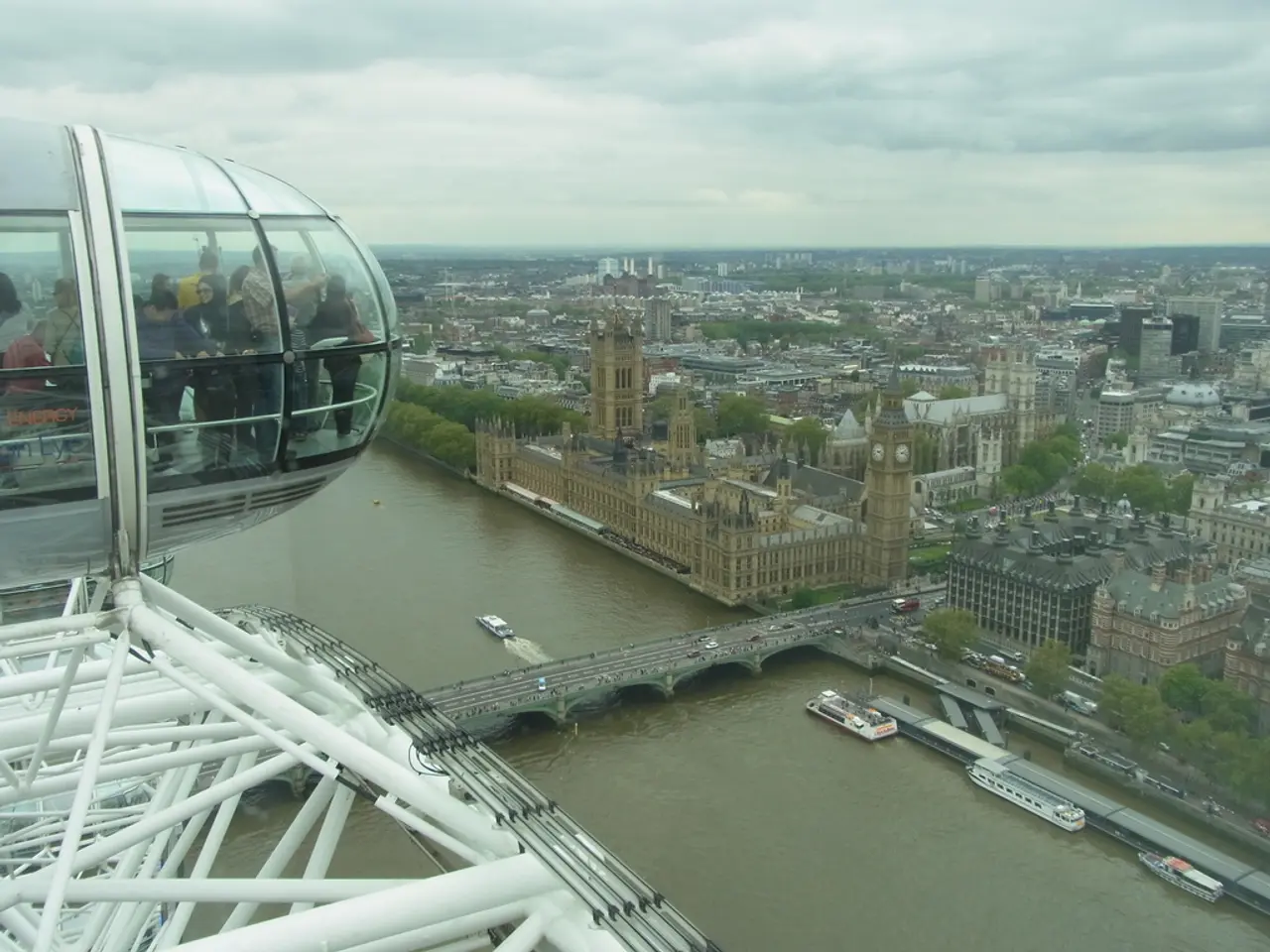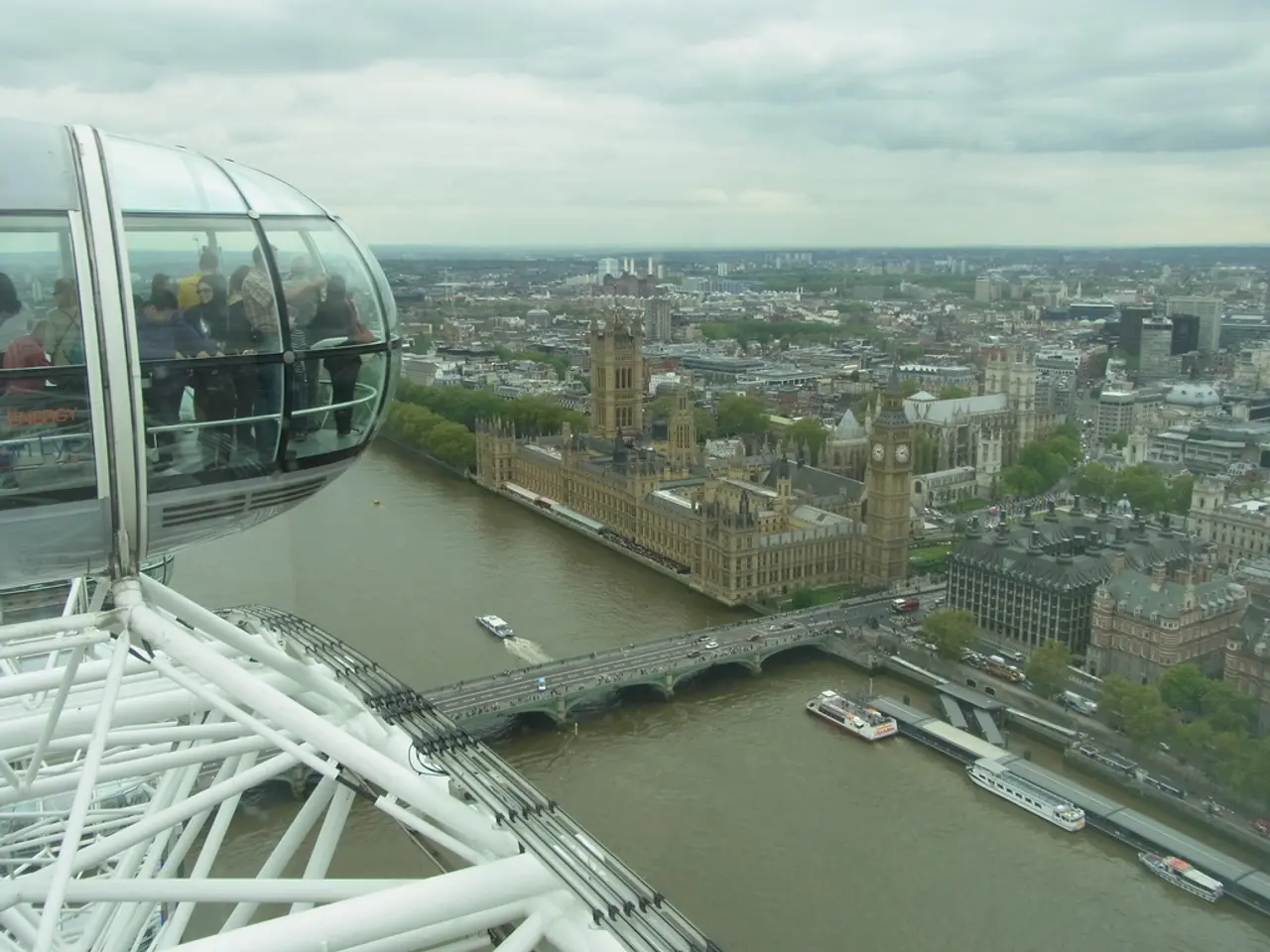Russia faces fresh economic restrictions from Ukraine, aligning with the EU's recently announced sanction package against the country.
The European Union (EU) has strengthened its sanctions against Russia with the adoption of the 18th sanctions package on July 18, 2025. This comprehensive measure aims to target Russia's energy revenues, banking sector, military-industrial complex, and extends measures to Belarus.
The package designates 14 individuals and 41 entities under Ukraine-related sanctions and 8 entities under Belarus sanctions. Among those sanctioned are companies involved in Russia’s shadow fleet, Russian banks and their subsidiaries, multinational traders of Russian crude, and a refinery in India where Rosneft is the main shareholder. For the first time, a shadow fleet vessel captain and open flag registry operator are also sanctioned.
One of the key changes in this package is the lowering of the oil price cap for Russian crude exports from $60 to $47.6 per barrel, effective September 3, 2025, and the ban on financial transactions related to the Nord Stream pipelines. Export restrictions and vessel listings have been expanded to restrict Russia’s ability to generate revenue from energy exports.
Furthermore, bans on access to key financial messaging services have been turned into full transaction bans, with added Russian banks targeted. These steps limit Russia’s banking operations crucial to financing its war machine and economic stability.
The sanctions also extend to military and trade measures, with export restrictions expanded to further weaken Russia’s military capacity. The sanctions target entities involved in indoctrination, propaganda, and cultural manipulation in Ukraine.
In a novel step, the sanctions package addresses investor-State arbitration claims by Russian and Belarusian companies and individuals attempting to challenge or circumvent EU sanctions through international dispute settlements. This aims to block abusive arbitration proceedings and enforcement of related awards.
The 18th package also extends prohibitions on arms procurement from Belarus and adds export restrictions, reflecting the close coordination with Belarus sanctions regimes.
This more dynamic and extraterritorial approach by the EU targets not only Russian entities but also third countries and multinational actors supporting Russia’s economy. Enforcement, monitoring circumvention tactics, and global coordination with G7 and Asia/Global South partners are emphasized.
The package creates a complex compliance environment for companies worldwide, necessitating rigorous due diligence, especially in energy trading, banking, and shipping sectors. The aim is to progressively strangle Russia’s economic capabilities to finance the war and expand mechanisms against hybrid threats and propaganda.
This news marks another significant step in the EU's ongoing efforts to counteract Russia's aggression and support Ukraine. The specifics of the entities affected by the 18th EU sanctions package were not detailed in the article, but it is clear that the EU is committed to a comprehensive and evolving strategy to address the ongoing crisis.
- The 18th EU sanctions package, adopted on July 18, 2025, targets various sectors of the Russian economy, including energy revenues, banking, military-industrial complex, and extends measures to Belarus, as part of a broader policy-and-legislation aimed at countering Russia's aggression towards Ukraine andGeneral-news.
- The European Union's 18th sanctions package, effective from September 3, 2025, will impact a wide range of third countries and multinational actors supporting Russia’s economy, including companies involved in Russia’s shadow fleet, Russian banks and their subsidiaries, multinational traders of Russian crude, and a refinery in India, by imposing restrictions on energy trading, banking, and shipping sectors, as a part of war-and-conflicts-related politics.






